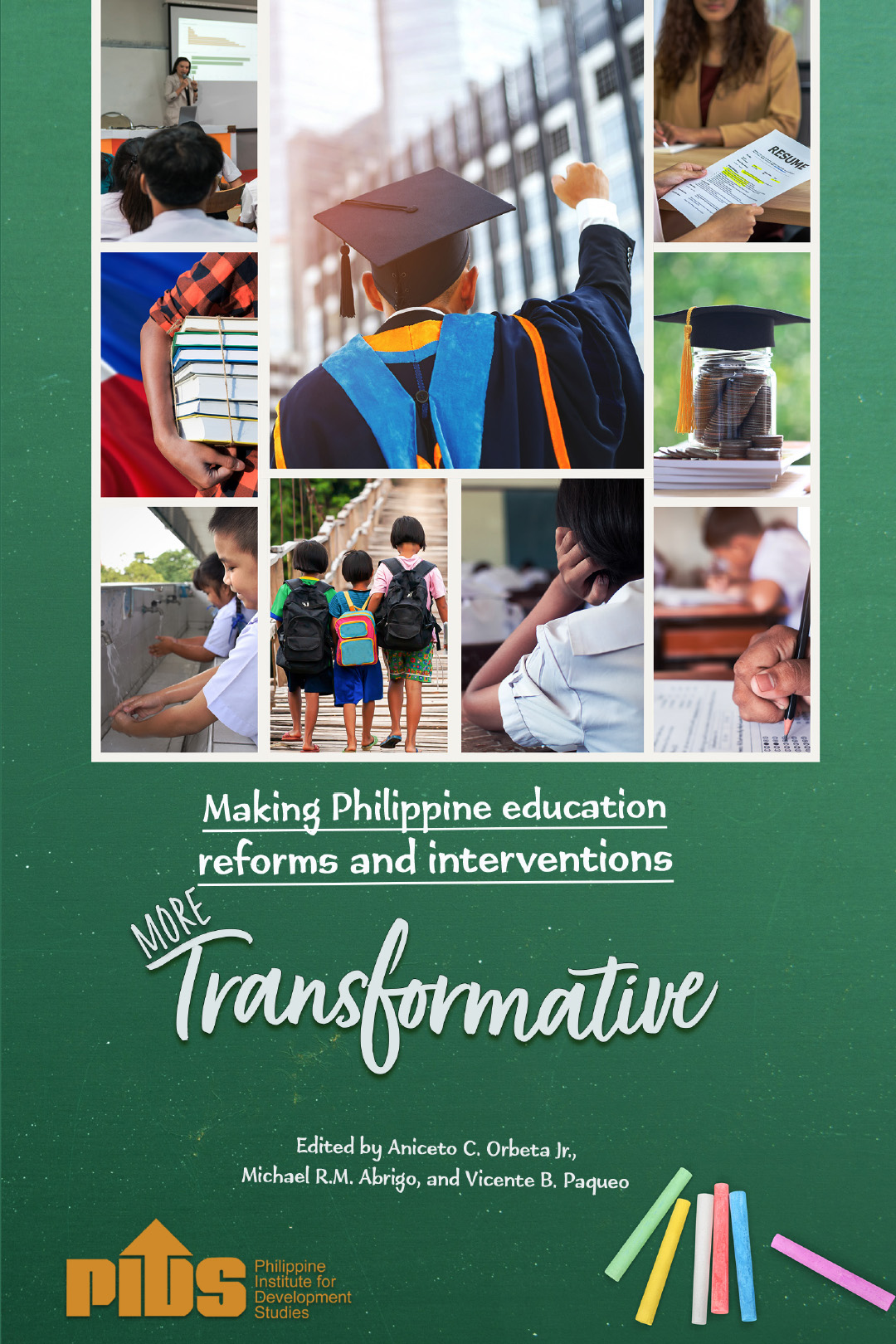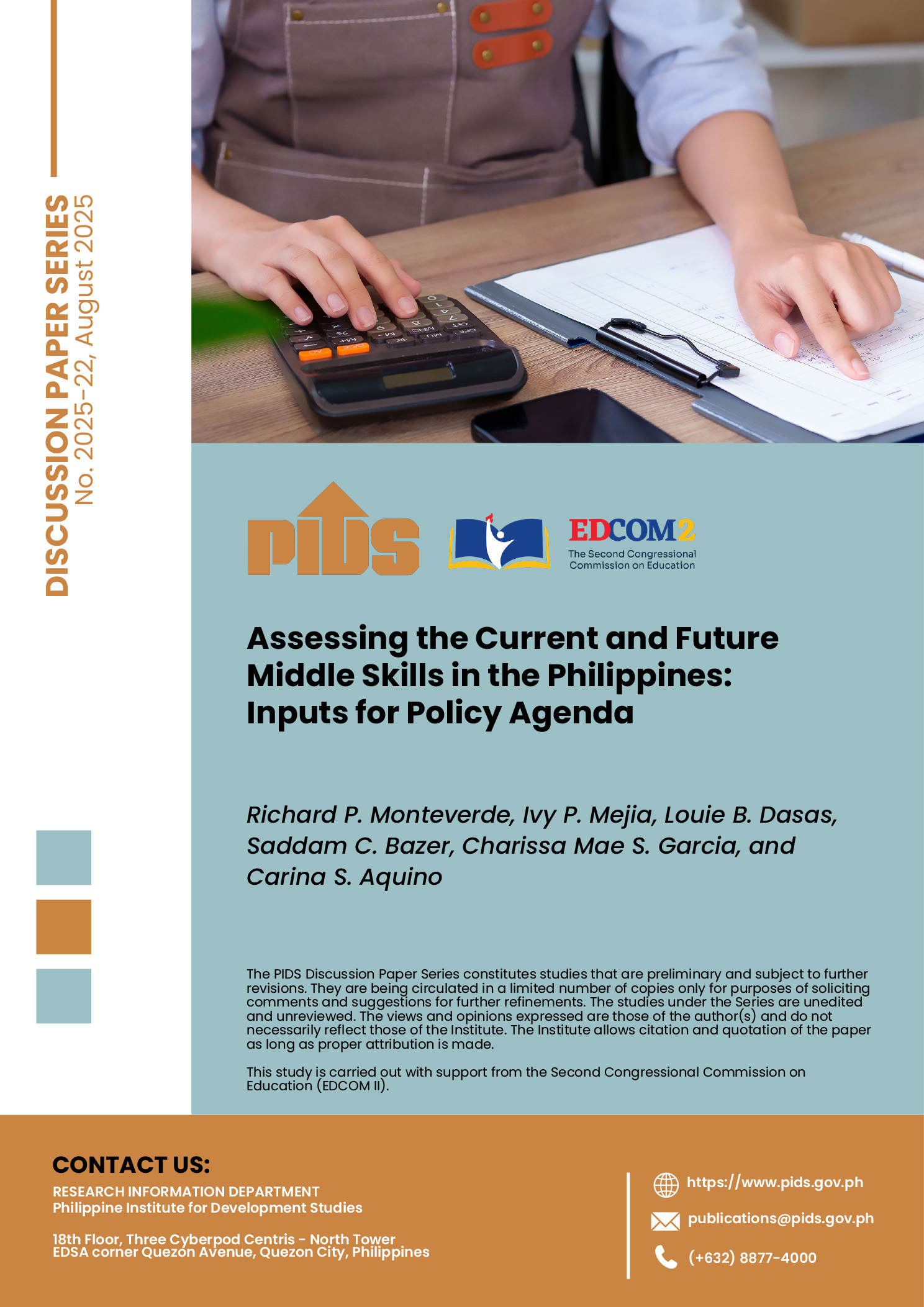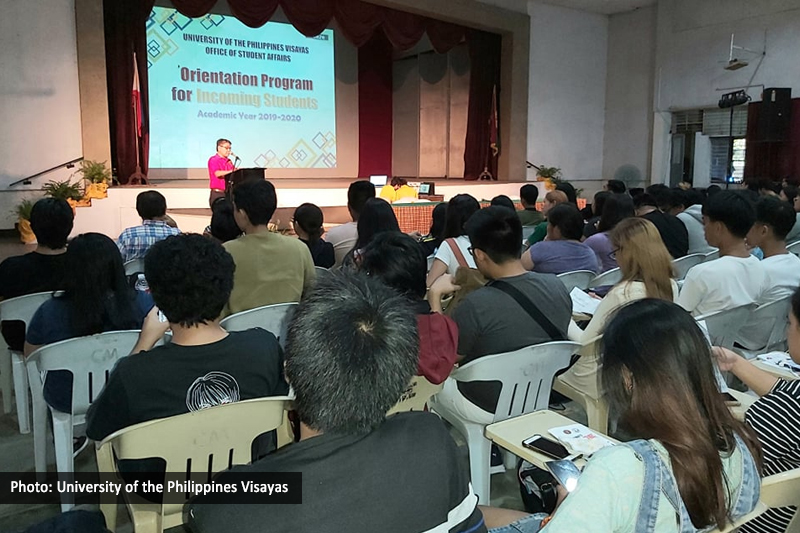A recent study by the International Monetary Fund (IMF) revealed that, despite efforts to promote financial literacy across various sectors, investment rates among remittance-receiving households in lower-middle-income countries like the Philippines remain low.
This is largely due to insufficient government spending on healthcare and education.
While overseas workers tend to increase remittances to families back home during healthcare or educational uncertainties, the IMF said only a little of the funds could be used for investing over a long period.
Meanwhile, IMF said favorable conditions in the financial markets in the home country also boost remittances but only over a short period.
“This may be because the out-of-pocket expenses incurred by households are lower and migrants’ families may not need to cut back their health spending amid adverse economic shocks,” IMF said.
“While remittances serve as a crucial social safety net, increasing public investment in healthcare and education could enable households to direct a greater share of remittances towards investment,” the global institution added.
With better healthcare and educational services, IMF said the private investment as part of the lower middle-income countries’ gross domestic product can expand to 18 percent or bigger.
On the average, most of these countries can achieve 16 percent.
IMF analyzed 77 countries between 1999 and 2019 to come up with the remittance data.
In the Philippines, only 1 percent of Filipino adults owned investment accounts for stocks and mutual funds in 2015 and 2021 based on the Bangko Sentral ng Pilipinas’ Financial Inclusion Surveys.
State-owned Philippine Health Insurance Corporation was recently ordered by the Supreme Court to halt the return of P89.9 billion in unused funds to the national government as lawmakers and civic groups complain of still insufficient healthcare support to most Filipinos.
The Philippine Institute for Development Studies reported the country has been challenged by healthcare financing as 1.5 million Filipinos shared over 40 percent of their income went to medical needs in 2012.
Economic, political stability
The IMF added that governments of lower middle-income countries must create policies to sustain economic and political stability to increase inflows of remittances and enable extra funds for investing among relatives of overseas workers.
“By implementing policies that ensure political stability, regulatory clarity, and ease of doing business, governments can attract remittance flows into productive investments, thereby catalyzing economic growth and job creation,” IMF said.







